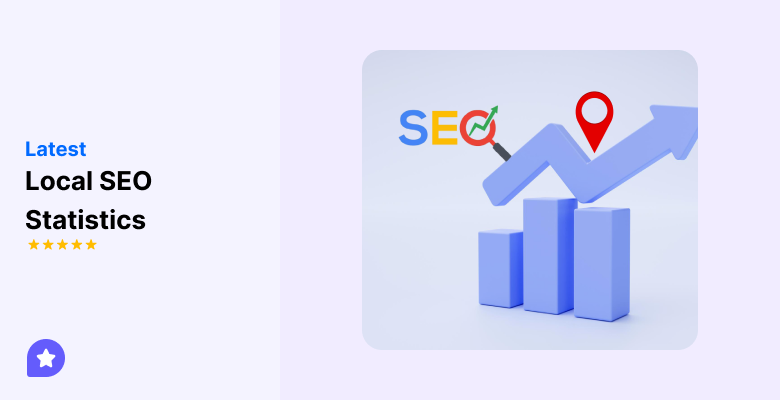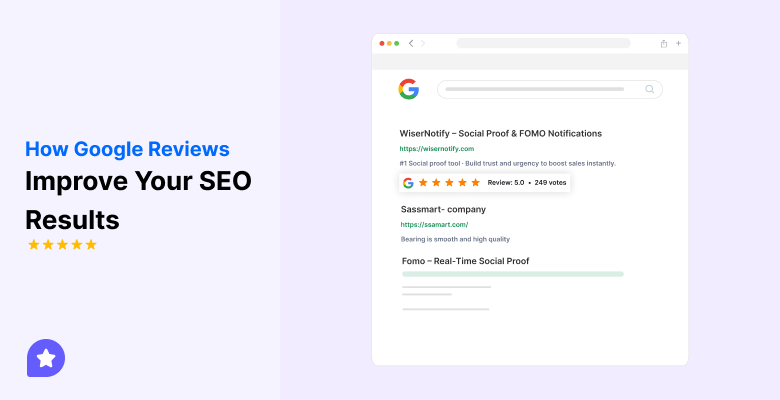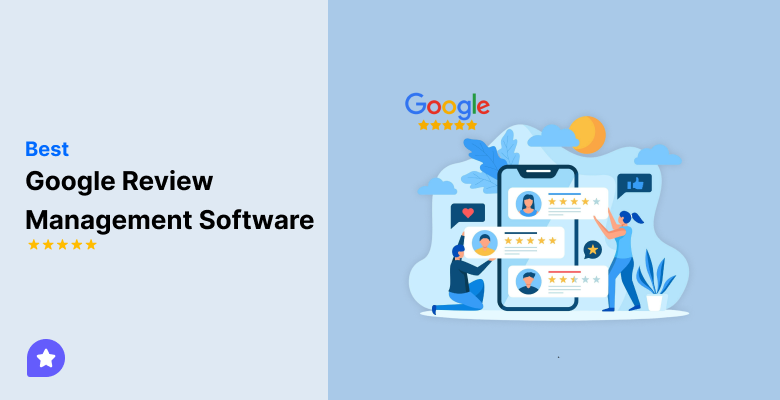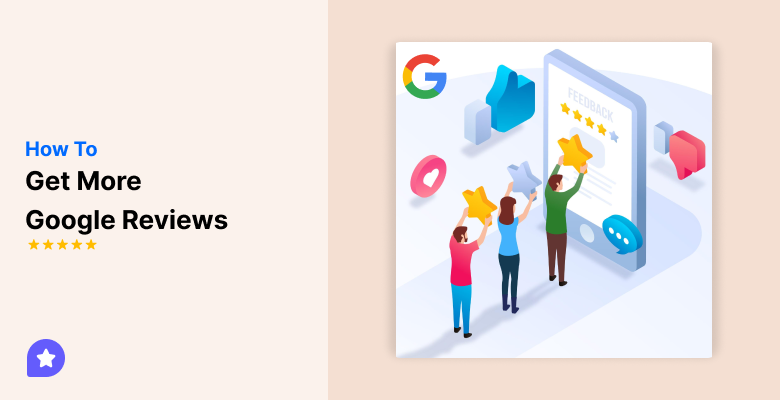Local SEO is one of the most powerful and cost-effective marketing strategies for businesses.
Nearly every consumer uses online search to find local businesses, and the connection between search results and real-world sales is stronger than ever.
Consumer searches online before visiting a store, restaurant, or service provider, etc.
This article compiles 57 of the latest local SEO statistics, covering consumer search behavior, mobile and voice trends, Google Business Profile adoption, review trust, industry-specific insights, and ROI potential.
Top Highlight – SEO Trends and Stats for 2025-2026
- 98% of customers search online for nearby companies (up from 90% in 2019).
- 80% of U.S. consumers search for local businesses weekly.
- 32% search daily for local products or services.
- 87% rely on Google for local searches (up from 81% in 2021).
- Yelp and Facebook are used by only 48%, while Apple Maps lags at 15%.
- 76% of “near me” mobile searches lead to a store visit within 24 hours.
- 28% of local searches result in a purchase.
- 90% of searchers buy within a week of their local query.
- 75% of businesses say local SEO drives more leads than any other marketing channel.
- 46% of small businesses report that SEO outperforms all other lead sources.
Local search usage statistics
Local search is no longer a convenience; it’s a core part of how consumers make buying decisions. In 2026, nearly every U.S. consumer uses online search to find local businesses, products, or services.
Whether it’s a restaurant, salon, or service provider, people now expect fast, accurate results, driven by mobile access and real-time decision-making.
A consumer uses an online search to find local businesses, products, or services. Whether it’s a restaurant, salon, or repair service, people expect instant, accurate results at their fingertips.
How Often Do People Use Local Search?
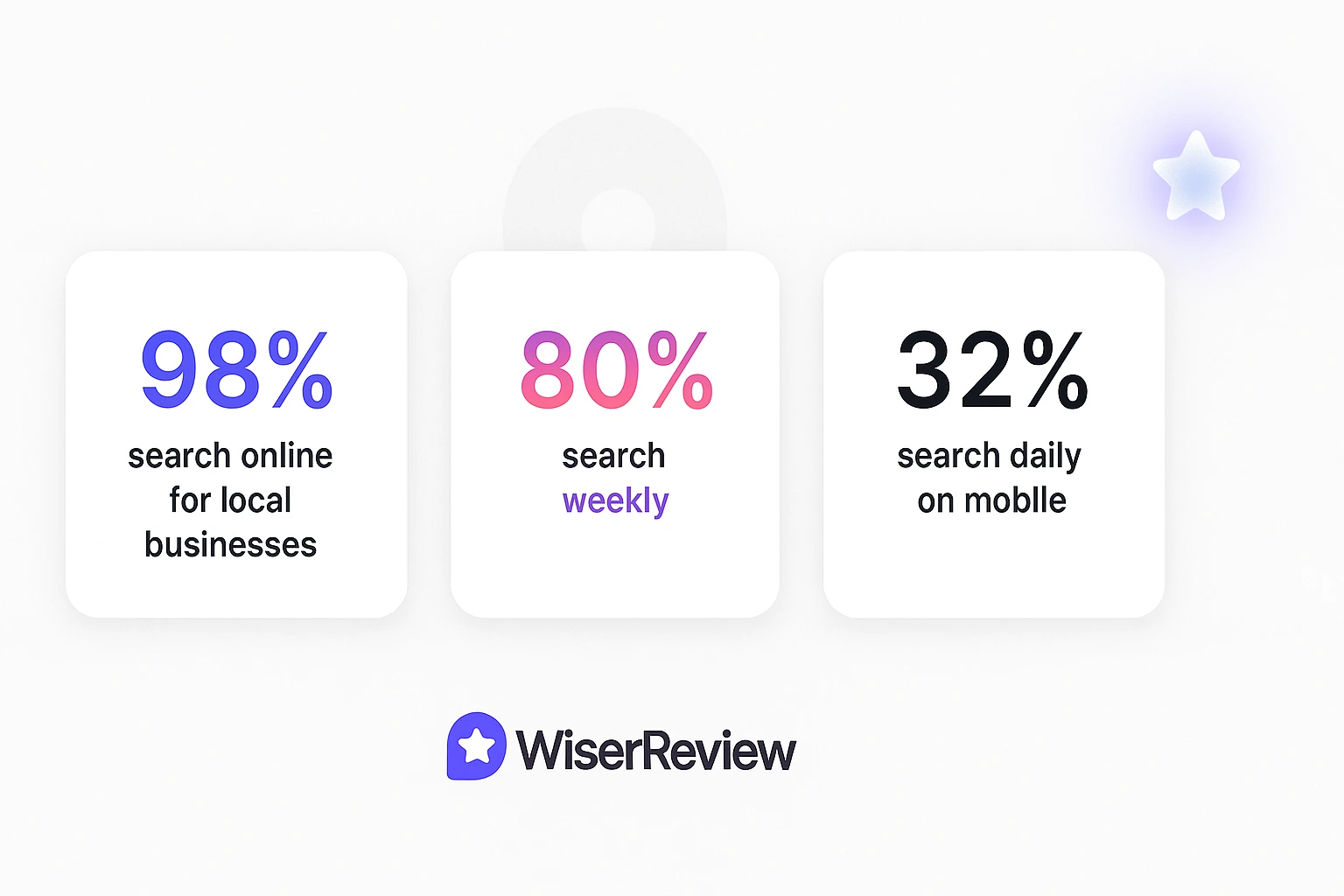
1. 98% of consumers now search online to find local businesses (up from 90% in 2019).
2. 80% of U.S. consumers perform a local search at least once a week.
3. 32% search daily, often using mobile devices while on the go.
Key takeaway for businesses: Local visibility is no longer optional. Even infrequent searchers rely on digital channels to make in-person decisions.
All your reviews in one place
Collect reviews, manage every response, and display them where they matter most.
Start Free →The Rise of “Near Me” Searches
The use of “near me” queries continues to soar, especially on mobile devices. These searches signal strong buying intent, and businesses that appear in the results are seeing real-world benefits.
4. 76% of people who search “near me” on mobile visit a business within 24 hours.
5. 28% of local searches lead to a purchase.
6. 90% of local searchers make a purchase within a week.
7. 75% of businesses report that “near me” searches deliver measurable ROI.
Trade-off to consider: Paid ads may drive quick clicks, but organic local intent searches typically lead to higher conversion rates and in-person sales.
Where Consumers Are Searching
Google remains the dominant platform for local search, but consumers still explore other sources when choosing local businesses:
8. 87% of local searchers use Google.
9. 48% use Yelp or Facebook occasionally to read reviews or find recommendations.
10. 15% use Apple Maps, particularly iOS users looking for directions or nearby locations.
Key takeaway: While Google is the local search king, maintaining an active presence across multiple platforms ensures better visibility and more customer touch points.
Mobile & voice search trends
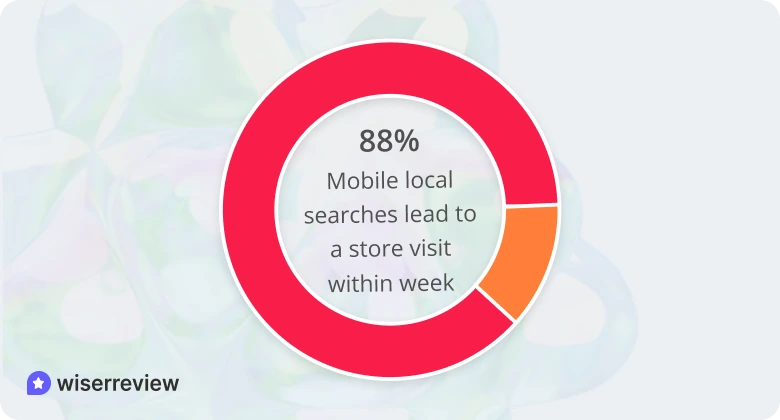
Mobile and voice search are now a big part of how people find and choose local businesses. Whether it’s looking up a nearby store, calling a service provider, or checking business hours, more customers are using their phones and voice assistants to search locally.
Mobile search behavior
People rely heavily on their phones when searching for local business information:
11. 88% of mobile local searches lead to a store visit within one week.
12. 20% of those searches result in a purchase within 24 hours.
13. Searches like “to buy near me” have grown by 500%, showing strong intent to act fast.
14. 60% of mobile users contact a business straight from the search results by clicking to call or get directions.
15. Around 46% of all Google searches have local intent, and 30% of mobile searches are location-based.
What this means for your business
If your website isn’t mobile-friendly or easy to navigate, you’re likely missing out on real customers. A fast-loading site, clear contact info, and an updated Google Business Profile can help bring more people through your doors.
Voice search & local queries
Voice search is also growing, especially when people are in a hurry or on the go. These searches are often phrased as questions and focus on nearby businesses.
16. More than 50% of voice searches are looking for local information.
Common voice searches include:
- “Restaurants near me”
- “What’s open now?”
- “Best plumber near me”
17. 27% of people use voice search daily on their phones.
What to do:
Make sure your website and business listings include common questions people ask, like your hours, services, and location. Writing in a natural, conversational tone helps your content match how people speak when using voice search.
Conversion & buyer intent statistics
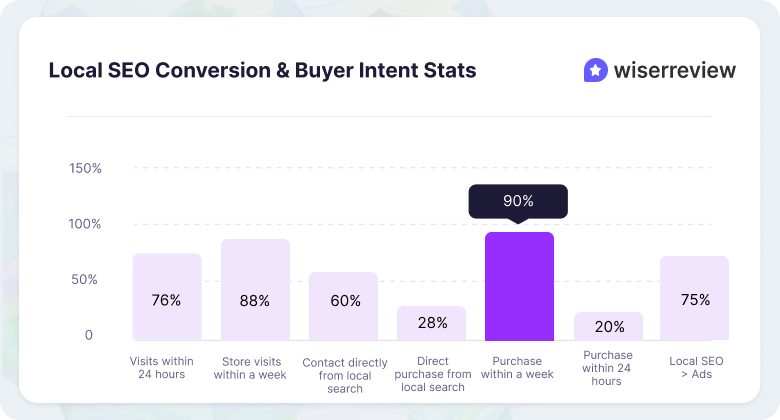
Local search doesn’t just drive traffic, it drives real results. Whether customers are using mobile devices, voice search, or typing into Google, local searches often lead to immediate store visits, calls, and purchases. These stats show just how valuable local SEO services can be for local businesses.
From search to store visit
Local search queries often show a strong intent to take action and act fast.
18. 76% of local searches with local intent result in an in-person visit within 24 hours.
19. 88% of local mobile searches lead to a store visit within a week.
20. 60% of mobile users contact a business directly from local search results, usually through click-to-call or directions.
Google Business Profile listings, especially those appearing in the Google Map Pack, make it easy for customers to find and reach a business quickly.
High purchase intent of local SEO
People who search locally are ready to buy. That’s why local SEO delivers such high returns.
21. 28% of local searches lead directly to a purchase.
22. 90% of consumers searching for local business information make a purchase within one week.
23. 20% of mobile users buy within 24 hours of searching.
24. 75% of local companies say that local SEO efforts generate more leads than paid ads.
Consumers trust online reviews, and listings with positive reviews tend to rank higher in local search rankings, helping more people find and choose your business.
SEO Strategy Tip: A well-optimized Google Business Profile, strong online reviews, and a fast mobile-friendly website are key to converting searchers into customers.
Google business profile & map pack data
Google Business Profile (GBP) is one of the most important tools in local search. It plays a major role in how local businesses appear in Google search results and Google Maps. When properly set up, your profile can help attract more local customers, boost trust, and increase clicks, calls, and visits.
Google business profile visibility
Many businesses still aren’t making the most of their Google Business Profile listing, and it’s costing them valuable visibility.
25. 56% of retailers haven’t claimed their Google Business Profile.
26. Businesses with a complete Google Business Profile get up to 7× more clicks.
27. A complete profile is 70% more likely to lead to store visits.
28. Customers are 2.7× more likely to trust a business with a complete profile.
29. 75% of local marketers say managing GBP helps improve local search rankings.
30. Profiles with photos get 42% more requests for directions on Google Maps.
Tip: Keep your profile updated with correct business information, photos, hours, and services. It helps your business appear in the right local search results and builds trust with potential customers.
The importance of the map pack
The Google Map Pack (also known as the local 3-pack) is the top section of local results that shows a map and three business listings. Appearing here can drive significant traffic and leads.
31. Over 50% of consumers use Google Search and Google Maps to find local business information.
32. Businesses that appear in the top 3 results of the Google local pack get 3× more clicks than those below.
Local SEO Strategy Tip: Focus on improving your GBP listing, collecting online reviews, and maintaining accurate local listings across local directories to boost your chances of ranking in the Map Pack.
Reviews & trust signals in local SEO
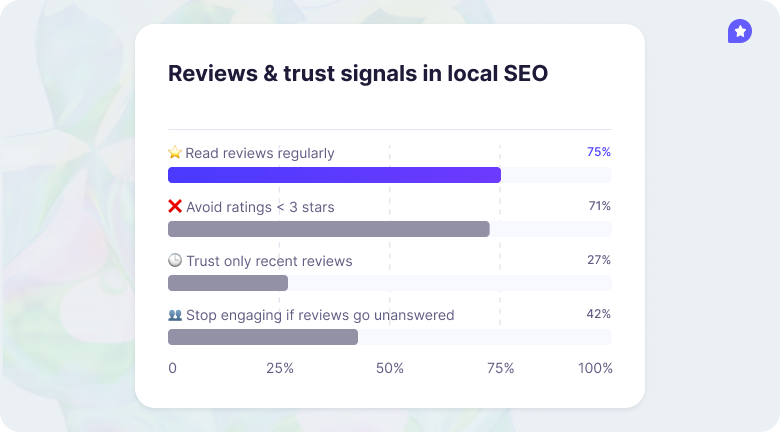
Online reviews play a major role in how customers choose and trust local businesses. They’re not just helpful for buyers, they’re also a key ranking factor in local search engine optimization. In fact, reviews can directly impact your business’s visibility in Google’s local pack, Google Maps, and other local search results.
Impact of reviews on rankings
Customer reviews are one of the most powerful trust signals in local SEO. They influence both rankings and buyer decisions:
33. 75% of consumers read reviews regularly or always when searching for local business information.
34. 71% won’t choose a business with an average review rating below three stars.
35. 63% lose trust in a business after seeing negative reviews.
36. 69% say they feel positive about a business after reading good reviews.
37. 60% of consumers expect to see between 20 and 100 reviews before trusting a rating.
38. 27% only trust reviews that are less than two weeks old.
39. 88% prefer businesses that respond to all reviews, not just the positive ones.
40. Only 47% of customers would choose a business that ignores reviews altogether.
Local SEO Tip: Responding to all reviews, positive and negative, shows that your business is active, engaged, and cares about customer feedback.
Consumer trust behavior
Trust is everything in local search. And how your business handles reviews plays a big role:
- Businesses that respond to reviews frequently tend to see higher trust and better local rankings.
41. 42% of consumers stop engaging with a business if they see that reviews go unanswered.
- Local customers are more likely to choose a business that has recent, positive, and replied-to reviews.
Build trust with real reviews
Collect text, photo, and video reviews, automate follow-ups, manage responses, and display reviews with WiserReview.
Business adoption of local SEO
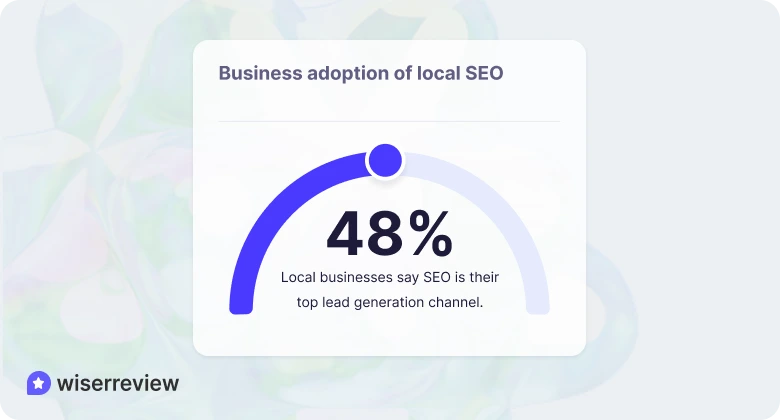
Even though local SEO offers one of the highest returns on investment in digital marketing, many local businesses are still slow to fully adopt it. From incomplete Google Business Profiles to outdated review strategies, a lot of businesses are leaving growth on the table.
Current business strategies
42. 48% of local businesses say SEO is their top lead generation channel.
43. Yet, 56% of retailers still haven’t claimed or fully optimized their Google Business Profile (GBP).
44. Only 38% of small businesses have a structured review management strategy.
45. About 45% of local business websites are not mobile-optimized, limiting visibility in mobile local searches.
What this means: Even though the ROI of local search engine optimization is high, many businesses under-invest in key areas leaving room for competitors to take the lead.
Complexity of local SEO rankings
Ranking in local search isn’t the same for every business. A 2026 study by Yext found that local SEO success depends heavily on location, industry, and engagement signals:
46. In the Southern and Western U.S., businesses that don’t respond to reviews are 30% more likely to drop in local search rankings compared to those in the Northeast.
47. In food and dining, recent reviews (less than 2 weeks old) have the highest influence on visibility.
48. In the hospitality industry, businesses with high-quality photos and a complete business description are 40% more likely to appear in the Google Map Pack.
49. Across all industries, businesses with 100+ reviews and regular responses tend to rank higher in Google Maps and local organic search results.
Local SEO Tip: A one-size-fits-all approach doesn’t work. Your local SEO strategy should be based on your location, your industry, and how your customers interact with your business online.
Local seo statistics on different industries
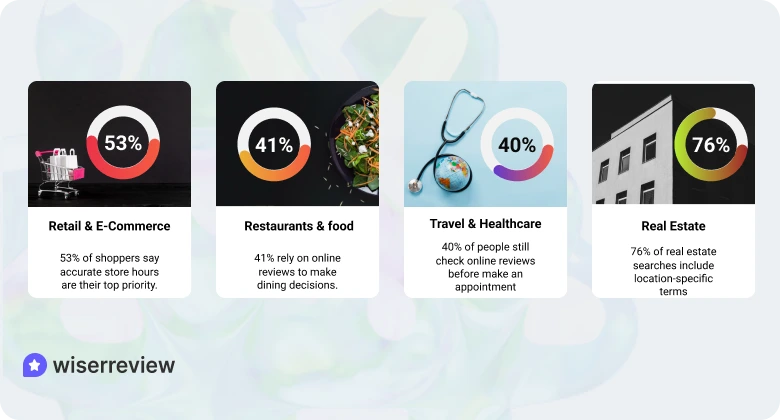
Local SEO plays a unique role in every industry. While some customers focus on online reviews, others prioritize accurate business information like hours, addresses, or phone numbers. Here’s a breakdown of how different industries rely on local search and what matters most to their customers.
Local seo in retail & e-Commerce
For retailers and e-commerce stores, visibility in local search results is closely tied to trust and convenience.
50. 53% of shoppers say accurate store hours are their top priority.
- Outdated or missing business info in Google Business Profile listings can directly lead to lost sales.
- Consistent listings across local directories and Google Maps help drive foot traffic and online sales.
Tip: Keep your store hours, holiday schedules, and product availability updated across all platforms.
Local seo in restaurants & food services
Restaurants and cafes depend heavily on local visibility and strong review signals.
51. 51% of diners want correct hours before choosing where to eat.
52. 41% rely on online reviews to make dining decisions.
Photos, menus, and fast mobile optimization also impact local SEO rankings.
Pro tip: Encourage satisfied customers to leave reviews and respond to them regularly to boost your presence in the local pack.
Local seo in travel & healthcare
In both the travel and healthcare industries, customers rely heavily on local search to make quick, informed decisions. Whether booking a hotel or finding a local clinic, trust signals like reviews, accurate contact information, and a well-maintained Google Business Profile significantly influence consumer choice.
53. 42% of hotel guests prioritize review ratings when comparing options.
54. 45–49% of consumers seeking healthcare or trade services value accurate contact info such as phone number, address, and business hours.
55. Over 40% of people still check online reviews before making an appointment or hiring a local professional.
Local SEO strategy: Use professional photos, keep your business information accurate across your Google Business Profile, website, and local directories, and respond to customer reviews regularly to build trust, improve engagement, and boost your local search rankings.
Local seo in real estate
In real estate, both visibility and trust signals are crucial.
56. 76% of real estate searches include location-specific terms, and buyers and renters often search locally for nearby agents, listings, or offices.
- Appearing in the Google Map Pack and having a high average review rating boosts leads and credibility.
Pro tip: Embed Google Maps on your website, maintain a verified Google Business Profile, and gather fresh reviews regularly.
Local seo for professional services
For professional services like law firms, accountants, or marketing agencies, accuracy and reputation matter most.
- Address accuracy and visible, recent positive reviews are the top decision-making factors.
- Local visibility helps these businesses appear when people search locally for help or consultations.
Key takeaway: Maintain updated business listings, publish FAQs to capture voice search, and consistently manage your online reviews.
The future of local seo
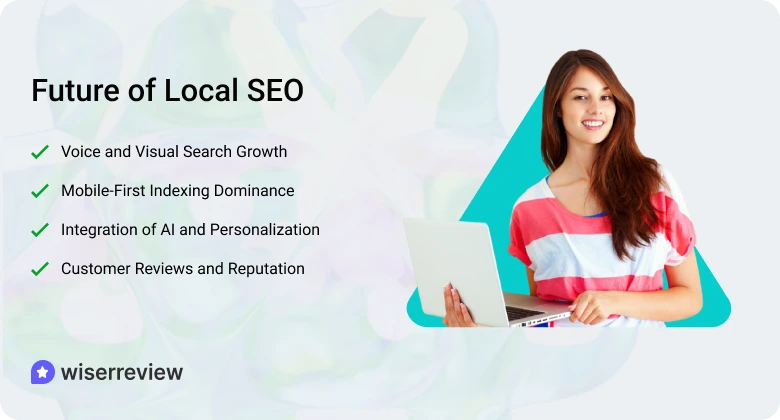
The future of local SEO is being shaped by rapid advances in AI, mobile-first indexing, hyperlocal targeting, and evolving consumer behaviors, with statistics indicating shifts toward voice, visual, and highly personalized search experiences.
Voice and Visual Search Growth: Over 40% of adults now use voice search daily for local queries, and platforms like Google Lens and Pinterest increasingly enable users to search with images rather than text. Businesses must optimize for conversational, natural-language queries and visual content to remain discoverable.
Mobile-First Indexing Dominance: Nearly 87% of smartphone users perform searches at least once per day, with mobile-optimized sites being prioritized for local rankings. Fast, responsive design and seamless navigation are crucial.
Hyperlocal Targeting: Businesses are tailoring content to particular geographic niches, down to neighborhoods or landmarks, using hyper-local keywords, personalized messaging, and accurate location data to boost relevance and ranking.
Integration of AI and Personalization: Search engines utilize AI and machine learning to present results based on user intent, location, and past interactions, driving highly personalized recommendations and achieving zero-click search dominance, where users find answers directly on SERPs without needing to click through.
Customer Reviews and Reputation: Review signals are increasingly critical for local SEO. Responding to reviews and maintaining high ratings directly impacts visibility and customer foot traffic, making reputation management a crucial aspect of business.
| Statistics | Value |
|---|---|
| Voice search usage (daily) | 40% of adults |
| Mobile search frequency | 87% of users daily |
| Local intent in Google searches | 46% of all searches |
| Impact of reviews on decision-making | 91% trust reviews as much as advice |
| Businesses found via local search | 76% of users visit within 24 hours |
| Mobile “near me” growth (5-year rise) | +500% |
What these statistics mean for businesses
The data is clear: in 2026, local SEO success depends on trust, speed, and accuracy. Consumers now rely on Google Business Profiles, online reviews, and fast, mobile-friendly experiences to make quick buying decisions.
Quick roi potential
Many businesses see results within weeks after optimizing their Google Business Profile and managing reviews.
57. 75% of local businesses say local SEO brings more qualified leads than paid ads.
If you want affordable growth, local search optimization offers a fast and reliable return.
Key takeaways for strategy
- Claim and complete your GBP: Add hours, services, photos, and correct info.
- Optimize for mobile and voice: Make your site fast and easy to use on mobile.
- Request and respond to reviews: Reviews boost both trust and local search rankings.
- Adapt by industry: Different sectors (e.g., restaurants, healthcare) need different local tactics.
All your reviews in one place
Collect reviews, manage every response, and display them where they matter most.
Start Free →Wrap up
Local SEO is essential for every local business. Almost all consumers search online to find local businesses, and most local searches lead to visits or purchases within days.
Success comes from the basics: keep your Google Business Profile complete, manage online reviews, and make sure your business website works well on mobile devices.
Accurate local business information and active local listings help you stand out in local search results and the Google Map Pack.
With the right local SEO strategy, businesses can build trust, reach more local customers, and turn local search queries into real sales.
Also see:
Frequently asked questions
They help businesses understand search trends, consumer behavior, and how updates in Google Business Profiles, reviews, and mobile use affect visibility.
At least once a year. Search patterns, mobile habits, and review factors change, so using the latest statistics keeps your approach effective.
Yes. Reviews influence local search rankings and customer trust. More positive reviews improve visibility, while negative reviews affect clicks and conversions.
Local SEO matters for all, but it’s especially strong for retail, restaurants, automotive, healthcare, and service-based businesses.
Most local searches now happen on mobile, and voice searches are rising. Optimizing for quick answers and clear business info improves performance.

